Sapphire Ring
By Jane Satterfield
In Budapest, 1978
My grandmother’s sapphire ring is swathed in silk in a box I’ve stashed in the back of my linen drawer. Three stones—three blue velvet gems in their setting: a network of gold spun out, neural and knotted as any gentle fragment of lace.
What interests me isn’t a litany of where and how the gems are mined or who’s worn them. Just summon her in the instant she handed over the cash—travelers’ check? Florints barely worth the paper they’re printed on?— in a storefront I won’t find by searching someone’s juxtaposed then-and-now photos on the Budapest Retro blog.
What I want is to scroll straight past the grim charm of street trams and boxy Trabants, the smog and cigarette old city air that came courtesy of the Working People’s party, to scroll straight to that moment where she picks out the one thing she’ll leave to her granddaughter—my daughter—a souvenir like no other. Give me the slushy silence of the slow walk she took afterward along stone paved streets, past the Guardian lions and across the chain bridge over the Danube, the blue stones catching a glint of light. That ring—the one available anchor to heritage and homeland—hovering there on the ring finger of her left hand, a minor mercy, a miracle.
If she was lucky in life (high grade civil servant, travel group guide, the daughter of Hungarian immigrants), good fortune in love remained elusive. Sterling, the private she married, brought home bad dreams—waves spilling on Omaha beach. He drank till the waves of the dead he’d watched from the crow’s nest of the USS Texas receded or vanished. Articles about the battleship were clipped from local papers and filed in an album she stashed at the bottom of a cedar chest, to be pulled out now and again for grandchildren. But the tide was always there, washing the first wave out, washing the first wave up, until she shored up her losses and tossed him out for good.
She was, in a word, “saturnine”—a little cold, a little moody—but she could be sardonic, too: another meaning of the word. She’d think back fondly of having left her father’s West Virginia farm, forsaking the hills for the typing pool, the period when she met Sterling, tumbling along on a few sloe gin fizzes, so dizzy she felt she’d never find the straight and narrow again.
Later, when she was single again, Saturday chores raised her spirits. A wash, set, and style; a hamburger lunch. She could tool around a department store and lose the better part of a day all the while keeping scrupulous household accounts, her purchases lined up in GAO-style maroon-backed ledgers. Dollars and cents in; dollars and cents out. Old-fashioned party-style dresses, heavy on lace and bows, bought for her first grandchild were charged on a vintage blue, plastic card called the “Washington Shopping Plate.”
Push past the charm of street trams and boxy Trabants, through the smog and cigarette old city air to where she’s passed up pastry and coffee to stroll in peace. The city’s not so dismal, the citizens not so dour as the papers would have you suppose. The Danube mutters in each of the eighteen grammatical cases the Finno-Urgic language requires, a current flowing and flown.
Throughout the centuries in which the blue gem has been revered, the word sapphire was used interchangeably with lapis-lazuli, one stone mistaken for another, a bright rock counterfeit for the gem. Sapphires stood in for notions of wealth (bedecking the cloak of Chaucer’s monk) and beauty (for a person, said usually of the eyes; of a landscape, the sea or air). Some scholars speculate there’s truth in lore: that the word’s origins emerge in a Sanskrit term meaning “dear to the planet Saturn.”
—
About Jane Satterfield
Satterfield has received awards in poetry from the NEA, Bellingham Review, Ledbury Poetry Festival, Mslexia, and more. Her books of poetry are Her Familiars, Assignation at Vanishing Point, Shepherdess with an Automatic, and Apocalypse Mix, winner of the 2016 Autumn House Poetry Prize, selected by David St. John. Her essays have appeared recently in Tupelo Quarterly, Hotel Amerika, DIAGRAM, and elsewhere. She is married to poet Ned Balbo and lives in Baltimore.
